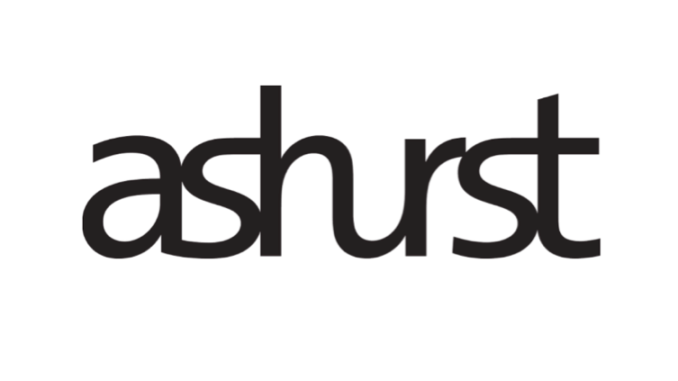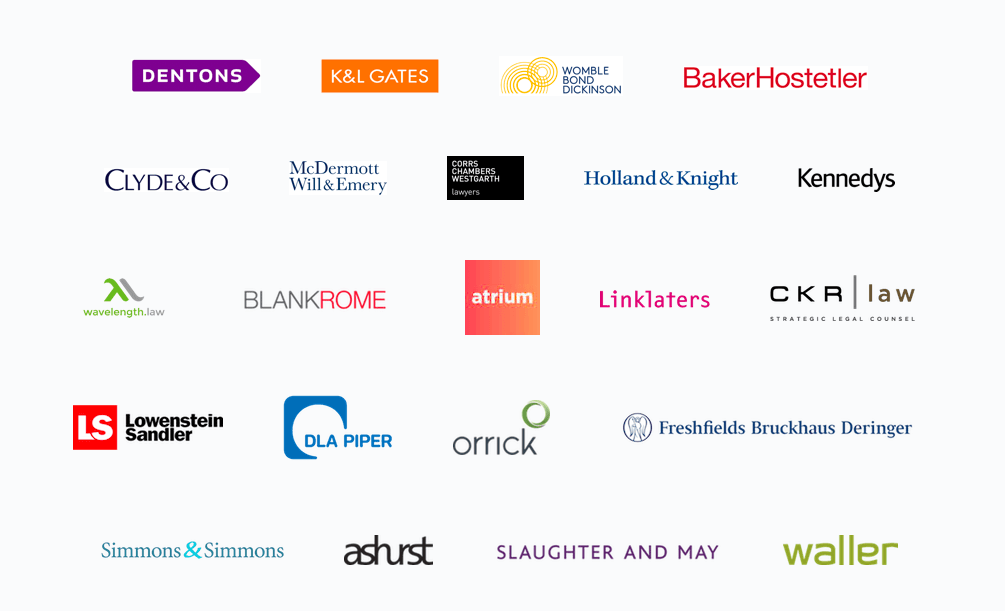
Ashurst has become the latest major law firm to join smart contract consortium, the Accord Project, which is seeking to build industry standards for this new form of self-executing contracting.
Tae Royle, head of digital legal services at Ashurst, said: ‘Smart contracts are already being used to manage hundreds of millions of dollars’ worth of cryptocurrency and digital assets globally. But we lack common standards and frameworks for ensuring legal enforceability of smart contracts.’
‘The Accord Project seeks to bridge the divide between code and law. Ashurst is proud to be part of this important project shaping the new digital economy,’ he added.
Some of the law firms also involved in the Accord Project include, among others: Linkaters and Dentons (see full list in graphic below). Their and Ashurst’s involvement matters considerably as the future standards for smart contracts may well rest upon initiatives such as this and it is fair to say that those law firms that are part of the consortium will be at an advantage when it comes to advising clients upon smart contract use.

The Accord Project was formed by US-based smart contract pioneer, Clause, and has sought to build collaborative relationships with global standards bodies and a variety of blockchain companies, and also put some of Clause’s software in the public domain to encourage development in this area.
As mentioned in previous Artificial Lawyer stories on this theme, the reality is that although there are many smart contracts in use for relatively simple agreements on platforms such as Ethereum, the self-executing elements remain in a grey area for legal and technical issues. This has prevented smart contracts being adopted for more complex commercial matters. The Accord Project hopes to solve that problem by creating global standards, just as the banking community did for international electronic payments several decades ago.
For example, Accord works with standards bodies the IEEE and the International Association for Commercial and Contract Management; and blockchain systems R3 and Hyperledger.
The aim is also to bring together leading professionals in areas such as supply chain, financial services, and intellectual property law to develop ‘canonical standards’ for a new generation of contracting and transaction management.
The Project explains its blockchain position by saying ‘we incubate a blockchain agnostic middleware layer that is interoperable with any distributed ledger, allowing smart legal contracts to operate both ‘on-chain’ and ‘off-chain’. That it to say, unlike some systems they do not want to get tied to any blockchain system and prefer to be universal, nor to tie themselves to the idea that a self-executing contract even needs to be on a blockchain, which as Clause has shown is clearly not always necessary for a smart contract to be useful.
Peter Hunn, co-director, Accord Project and co-founder of Clause, said: ‘We are delighted Ashurst has joined the Accord Project in supporting the standards and open source protocol for smart legal contracts. It is representative of the need for the Project and its work that we can work with some of the biggest names in the legal industry.’